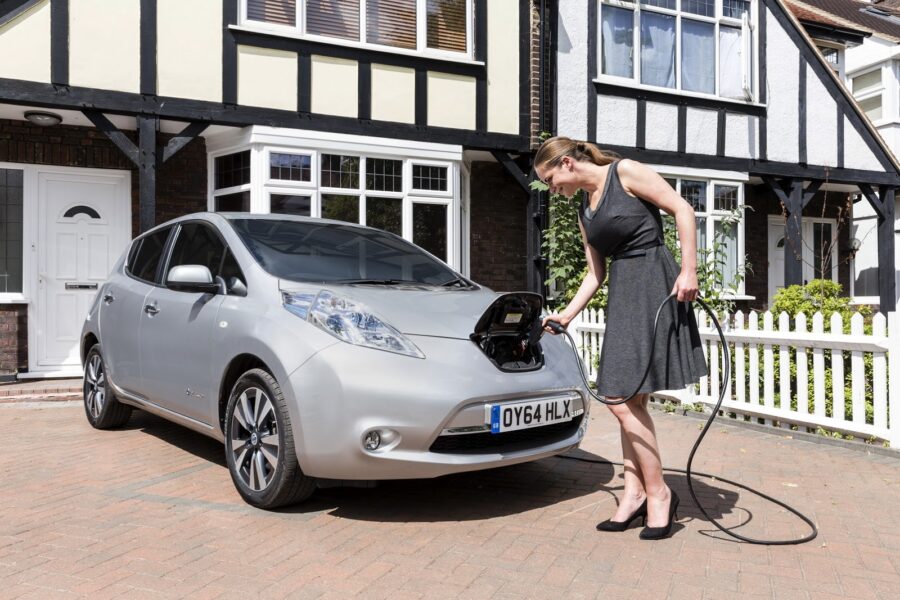
In June we’ve started collaborating with NKM AH, the DSO-arm of MVM Group, Central Europe’s leading integrated energy company.
NKM AH runs distribution systems all across Hungary and serves more than 2.5 million residential and business customers.
Our first priority was to identify the problems faced by NKM AH, where our technology can provide a solution and create real value for a DSO.
The need for demand-side management solutions is relatively new on the Hungarian distribution network. Hungary, as many other ex-socialist countries has inherited an oversized grid from the socialist era, which has remained largely robust in recent years.
This is changing, however, as increasing power demand and DER deployments on the distribution network start to test the boundaries of the grid.
After careful analysis conducted with NKM AH, we have identified two major source of imbalances on local networks:
Increased demand from EV charging enhances daily demand peaks, especially in the morning and afternoon/evening peak times. Flattening the power demand curve by time-shifting residential EV charging sessions to energy valleys (e.g. from evening to night hours) could reduce peak load on LV-transformers and feeders. This potentially postpones feeder and transformer upgrades by years or renders them completely unnecessary.
Distributed solar generation on the other hand creates voltage-related problems. Solar generation under ideal conditions could increase voltage levels on feeders to the point where it exceeds the standard maximum value. This in turn triggers the overvoltage protection on the AC side of solar inverters, and panels get detached from the network.
Besides the missed opportunity to increase the share of renewables in the energy mix, this action causes discomfort for end users and results in customer service tickets at the DSO.
EV batteries can provide storage for distributed solar generation if the charging sessions are scheduled to coincide with peak production times. The smart charging solution suitable to address this problem must account with weather and related renewable production forecasts, and schedule charging sessions at least a day ahead, while providing the right incentive for end users.
We find at MET3R that understanding customer needs during product development is tremendously helpful. In the coming months we will work with NKM AH towards a commercial pilot, where our technology provides efficient answers to the problems jointly identified.